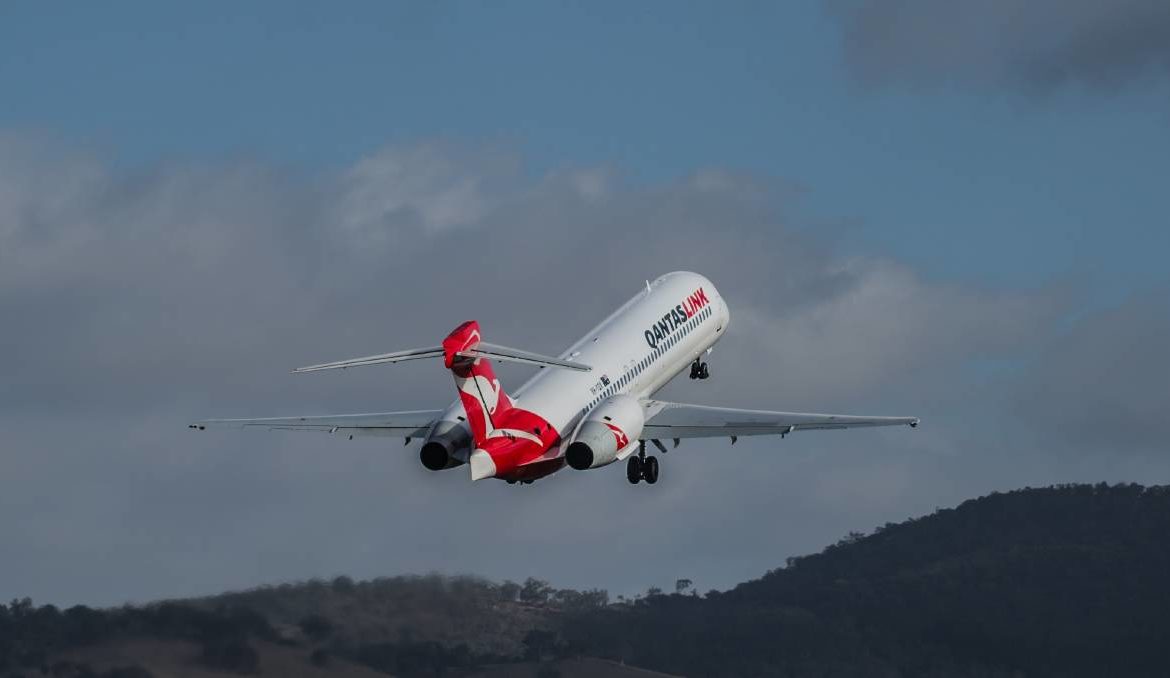news, latest-news, civil aviation safety authority, casa, professionals australia, casa industrial action, casa workplace changes, dale beasley, adrian catt
Recent changes at the national aviation regulator have left staff anxious and stressed and pose long-term safety risks to the Australian aviation industry, a peak union says. Professionals Australia, the union representing science and technology professionals in the APS, has informed staff at the Civil Aviation Safety Authority they may refuse to work using new systems due to health and safety concerns. Broadly, the union’s claims are that CASA failed to properly consult with health and safety representatives before implementing changes and failed to provide employees with a safe workplace. The union also said CASA had failed to produce necessary documentation, when requested, regarding the changes. A CASA spokesman rejected these claims and said the agency had consulted with industry groups and employee representatives prior to implementing any changes and had not withheld any information or documents. The changes relate to the implementation of a new operating model for the regulatory services and surveillance conducted by CASA and affects hundreds of staff nationally. The work these employees undertake includes critical safety checks such as certifying pilots, investigating incidents and inspecting foreign airlines that visit Australia to ensure they meet our standards. Professionals Australia organiser Adrian Catt said the changes risked watering down the skill set of the workforce in the long term. Staff were now required to give advice on technical matters outside of their expertise, Mr Catt said, which could pose a threat to safety in future. “Someone used to dealing with Qantas or Virgin aren’t equipped to help small rural operators and vice versa,” Mr Catt said. The union’s government group director, Dale Beasley, said the changes had resulted in significant negative impacts on the mental health of staff. “Good change management is essential to ensure safety of staff with the implementation of new structures and systems; CASA seem to have forgotten this,” Mr Beasley said. “We heard reports of staff in tears, unable to continue working, being asked to do things that are not in their area of expertise, and having to redirect aviation enquiries.” The CASA spokesman said the agency had received no specific examples of concerns regarding health and welfare from any staff members or their representatives. “CASA takes the health and wellbeing of its staff seriously and has put in place support to assist staff during any change program, including providing training and management support,” he said. “During the design phase, over 150 front-line staff, managers and executives were consulted to inform the new model design, with over 700 opportunities identified for process improvement. “CASA acknowledges that this will be a different way of working for staff and has ensured that extensive consultation with staff has occurred and change has been managed in accordance with our change management framework.” The spokesman said CASA remained open to dialogue with any affected parties and their representatives.
/images/transform/v1/crop/frm/Jaez6cQAZmjZzLGnKwDCWc/f6e9f727-3145-44b1-b1d9-b2fd78c2dbcd.jpg/r7_142_2777_1707_w1200_h678_fmax.jpg
Recent changes at the national aviation regulator have left staff anxious and stressed and pose long-term safety risks to the Australian aviation industry, a peak union says.
Professionals Australia, the union representing science and technology professionals in the APS, has informed staff at the Civil Aviation Safety Authority they may refuse to work using new systems due to health and safety concerns.
Broadly, the union’s claims are that CASA failed to properly consult with health and safety representatives before implementing changes and failed to provide employees with a safe workplace. The union also said CASA had failed to produce necessary documentation, when requested, regarding the changes.
A CASA spokesman rejected these claims and said the agency had consulted with industry groups and employee representatives prior to implementing any changes and had not withheld any information or documents.
The changes relate to the implementation of a new operating model for the regulatory services and surveillance conducted by CASA and affects hundreds of staff nationally.
The work these employees undertake includes critical safety checks such as certifying pilots, investigating incidents and inspecting foreign airlines that visit Australia to ensure they meet our standards.
Professionals Australia organiser Adrian Catt said the changes risked watering down the skill set of the workforce in the long term.
Staff were now required to give advice on technical matters outside of their expertise, Mr Catt said, which could pose a threat to safety in future.
“Someone used to dealing with Qantas or Virgin aren’t equipped to help small rural operators and vice versa,” Mr Catt said.
The union’s government group director, Dale Beasley, said the changes had resulted in significant negative impacts on the mental health of staff.
“Good change management is essential to ensure safety of staff with the implementation of new structures and systems; CASA seem to have forgotten this,” Mr Beasley said.
“We heard reports of staff in tears, unable to continue working, being asked to do things that are not in their area of expertise, and having to redirect aviation enquiries.”
The CASA spokesman said the agency had received no specific examples of concerns regarding health and welfare from any staff members or their representatives.
“CASA takes the health and wellbeing of its staff seriously and has put in place support to assist staff during any change program, including providing training and management support,” he said.
“During the design phase, over 150 front-line staff, managers and executives were consulted to inform the new model design, with over 700 opportunities identified for process improvement.
“CASA acknowledges that this will be a different way of working for staff and has ensured that extensive consultation with staff has occurred and change has been managed in accordance with our change management framework.”
The spokesman said CASA remained open to dialogue with any affected parties and their representatives.







